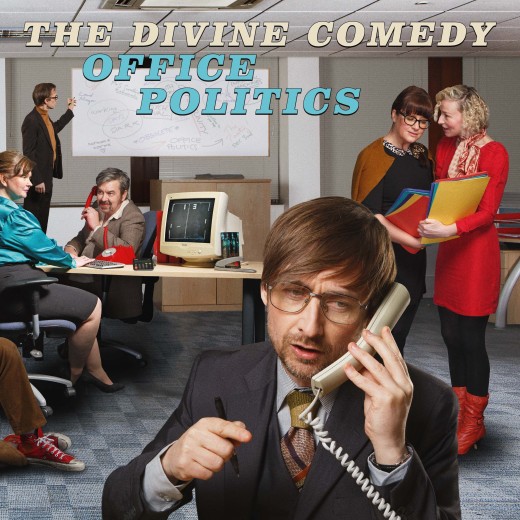Neil Hannon has always been, rather consciously, something of an anachronism in contemporary pop – an urbane, arch throwback to suave crooners and irreverent singer-songwriters of the 1960s. In a way, this made sense in the ’90s, when The Divine Comedy were at their commercial height. After all, Britpop juggernauts Oasis and Blur were fetishists of the ’60s, lifting the Beatles’ and Kinks’ aesthetics from the middle part of that decade; Jarvis Cocker, when not drawing inspiration from Serge Gainsbourg, shared Hannon’s obsession with the wry, literary Scott Walker. But while Albarn and Cocker combined those influences with more contemporary sensibilities, Hannon was a purist –…

